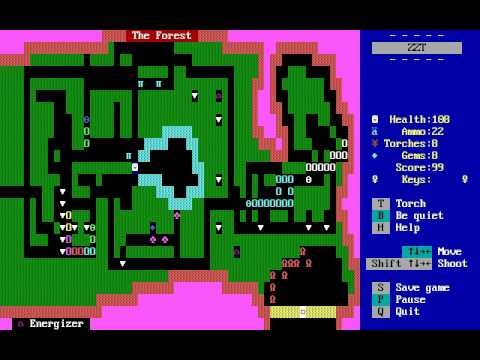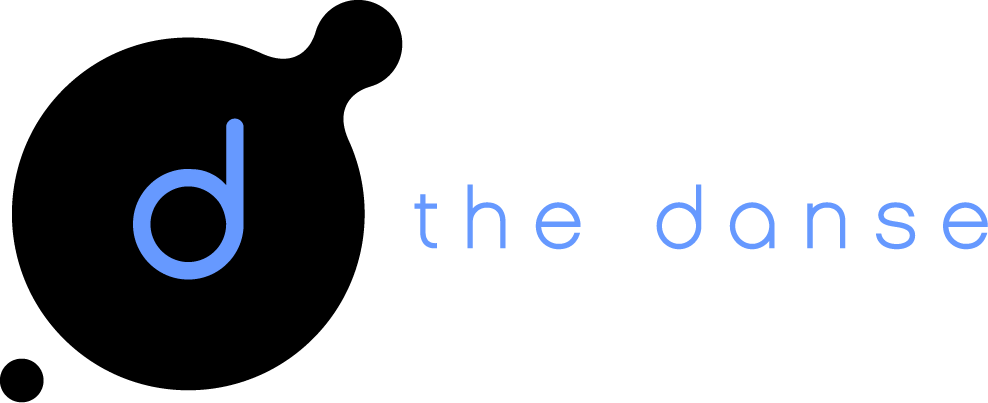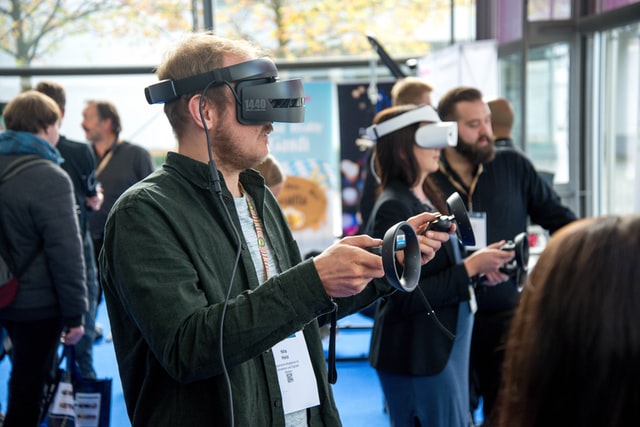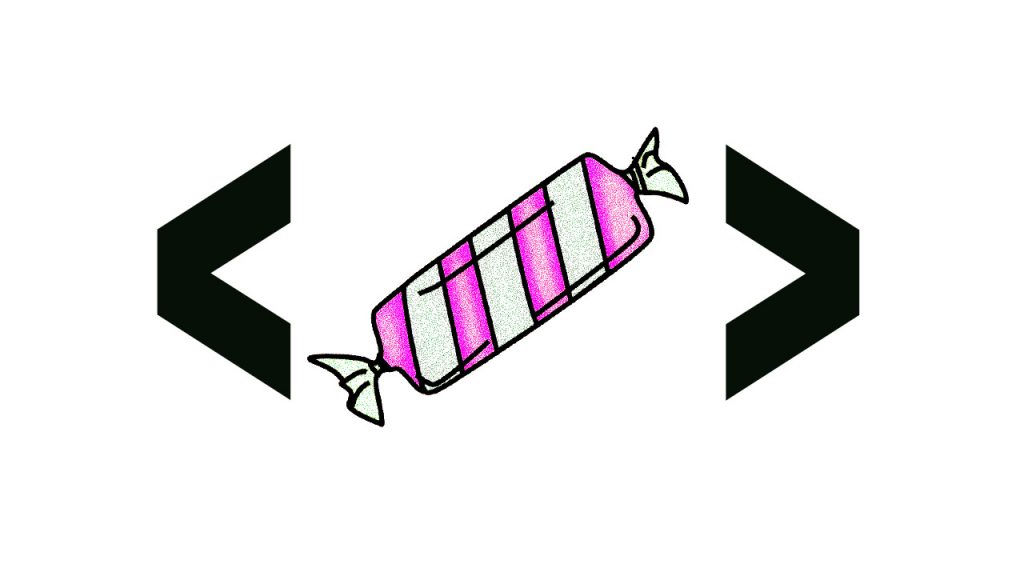Welcome to the fourth installment of our Web Dev Interview Series.
In this series, we interview developers on what got them started, where they are now, what they’d do differently, and more.
We’re excited to introduce you to NickD, a regular contributor over at the RTC Discord.
Today he talks about how his startup fell victim to a whirlwind pandemic that blindsided the world.
But that’s not all. Oh, no.
This interview reveals inspiring insights and a will that just won’t quit.
This blog post is brought to you by RealToughCandy.io. Check out the course Designs and Deadlines: Practical UX/UI for Web Developers.
1. Tell us about yourself.
So hi! I’m Nick, and I’m a software developer. I spent waayy too much time with the computer as a kid–much to the detriment of my social life–but was completely drawn in by everything I could learn and do with it.
Growing up in rural Tennessee, there just wasn’t much nearby entertainment when cows are your neighbors, so I leaned heavily into a passion for games.
My gaming lead to an appreciation and curiosity in the craft of them, most strongly in programming.

In the heady days of AOL, I discovered a quirky ASCII game online called ZZT which was put out by Tim Sweeney of what would become Epic Games today.
ZZT was fun in its own right, but it truly shined because it had a built-in editor and its own event-driven scripting. When I took a peek behind that curtain, it blew my mind!
I printed out the doc pages, being careful to choose the lightest tones and used paper so I wouldn’t waste all the family’s ink and get scolded.

Then, I carried those papers with me for weeks, reading and sketching out my own ideas at school to put into motion at home. It was tricky and confusing, but accessible enough for a 9-year-old; and once I saw how I could take an idea and make my computer DO that, I was HOOKED!
I explored lots of languages and technologies in school, and by the time I went to college for that sweet, sweet network speed (ahem, I mean for Computer Engineering ) I had a pretty good grasp of the fundamentals.
With coursework, I formalized and put terminology and methodology to the things I knew.
I also began working in the IT department on campus, first helping out in the computer labs but quickly moving into several web developer roles as I’d picked up HTML and PHP in a fantastically bad attempt at making a Magic: The Gathering-type game.
That one would really have to wait for the era of JavaScript and no-refresh page updates, hah.
2. Tell us about your partnership at your graphics design firm.
Fast-forward a few years and I was thinking of a change of pace when a friend from high school got in touch.
She and her husband had started a design firm and been running it for nearly a decade by then, and wanted to bring on a full-time programmer to build interactive projects and games.
I jumped at the chance to pick up new skills, and I was already quite familiar with the client-work lifestyle from doing some freelancing throughout college.
With a scrappy team, we at The Danse would learn and build exciting things for all sorts of clients big and small: an immersive forklift/warehouse training sim in VR for a freight corp, flashy AR apps to show off medical hardware and procedures for sales and surgical reference, even exercise games in classrooms using body tracking to make fitness for kids fun and engaging.

3. How did COVID affect your business?
Honestly, I remained optimistic at the start of the scare.
We had a lot of expertise in digitizing training for companies and I thought there would be a bit of a spike as people moved to operating remotely.
I was pushing the team to embrace working from home more often already for many reasons, and I had already structured as much of our workflow to be usable from any location or via VPN.
We grabbed computers, headed home, and continued on with minimal hitches.
At the outset, however, every one of our clients immediately seized up contracts like a rusty gear; their budgets were uncertain, their future needs were nearly unpredictable to them for a while.
One of our biggest clients was even going through an acquisition, so we weren’t sure which of our contacts would even be there let alone convincing them to start new projects.
Ultimately, we found that our AR installations and apps relied heavily on in-person contact.
Our corporate client exploring VR training wanted to think in terms of an instructor carrying hardware to-site, and suddenly nobody wanted to share something that was on another person’s face for good reason.

There was still some minor web and mobile work, but as a small team with lean margins it was just not sustainable for the extended trainwreck that was COVID.
Our juniors we couldn’t bankroll beyond the middle of the year, and at least one of them found a fantastic new role in the AR space.
The graphics partners are chasing down visual work, and I am looking for a new programming opportunity, effectively going our separate ways after 8 years together, sadly.
4. What is your plan moving forward?
I dusted off the ole resume! Even while having steady work, I liked to keep up with the industry and the state of the job market, including watching great advice from places like RTC.
Thank goodness, too, because all my other positions I got from being approached about them and not going through the whole interview rigamarole.
I reworked my resume, finally put time into a personal website to showcase myself a bit, and hit all the job sites I could find.
I’m a couple of weeks into the process at this point and I already have some prospective offers, thankfully, so I can relax slightly while I wait to hear from a few other places.
5. Do you think you’ll go back to client work?
I certainly wouldn’t mind being at a place that does client work, though I shy away from dealing with sales and support directly when possible.
What I liked most about it was constantly being thrown some wackadoo concept from out of nowhere and trying to turn that into a viable project.
I would invariably have to learn and attempt something completely new which kept me engaged.
6. What surprised you coming back to the dev job market after being away from it for 8 years?
Oh geez, I felt so overwhelmed at first. Years ago you might just hit Monster.com or something and be done, but now there are a million job sites and some with their own particular niche of jobs–many of which link circuitously back to each other in an email-harvesting game of keep-away.
LinkedIn has been great for headhunters, GlassDoor listings are vast and varied, and Indeed is kind of a comfortable good-enough, as a quick overview of my success.

One other thing that’s really stuck out to me, even before the job hunt, is how much COOLER your average person’s portfolio is these days.
People are making sites and apps that are so slick as demos, it’s kinda great to see on one hand and on another hand stop making me look bad you upstarts!
7. How did the skills you picked up in your design firm help you make the transition to a 9-5 job?
Oh coming from a big campus setting it was actually me imposing the most rigorous structure and practices on my graphic designer coworkers, hah. Teaching things like version control and project life cycles was a journey.
I learned a lot while at The Danse, too, though.
Being in such a small team and being the coder onto which all problems “tech” fell for so long meant I had to wear a lot of hats, and recruiters have been really excited about the vast amount of technologies and concepts I’ve touched on over the years.
8. What is your advice to newbies entering the workforce during a pandemic?
Beef up your online presence!
The pandemic has made so many things virtual and certainly a fair amount of it will be sticking around afterwards in a new paradigm of work.
We were already well out of the time period when you walked in and literally had your “foot in the door,” but now more than ever digital connections are where it’s at.
Make sure you can communicate well online, whether through text, audio, or video.
Make yourself easy to discover with a good online portfolio and resume, and make yourself easy to contact with social media, email, contact forms, whatever it takes.
Reach out to other developers and talk!
Networks and friendships are easier than ever to keep up remotely and can get yourself an edge in more cases than dropping a cold email on a GlassDoor posting.
Being active in communities helps you hear about how others are doing, what sorts of new tools and techniques are on the horizon so they don’t broadside you, and it’s just more fun to complain about CSS to people that feel your pain.
But most of all..
Watch and absorb what RTC puts out there!
For real, there is a massive amount of great advice available. Learn from others’ hard knocks and sage wisdom wherever you can.
9. Is there anything else you’d like to talk about that we haven’t covered? The floor is yours.
Dear reader, if you’re out there and know some programmery things or designy bits, or if you’re still in school or a bootcamp, and you’re feeling overwhelmed by seeing all the people out there that know more or have done more, please know this: you are not alone and you are good enough to learn any computer concept you set in your sights.
All of us start from scratch, and none of us are ever done learning.
There is no mythical finish line you cross and get a badge of “developer” that lets you see the matrix code behind reality… If anything, you simply become more and more aware of how much you don’t yet know and have to grapple with that.
But, If you’ve hello world’d, you’re a developer. If you spat out some HTML tags around it, ay web developer!
The types of projects and challenges you can tackle will only grow with every new hurdle you jump and new lesson behind you.
The point being, it’s really not a race, so don’t stress with comparisons. And, if you’ll grant me one request: be generous with sharing your own experiences and lessons with others when you can.
